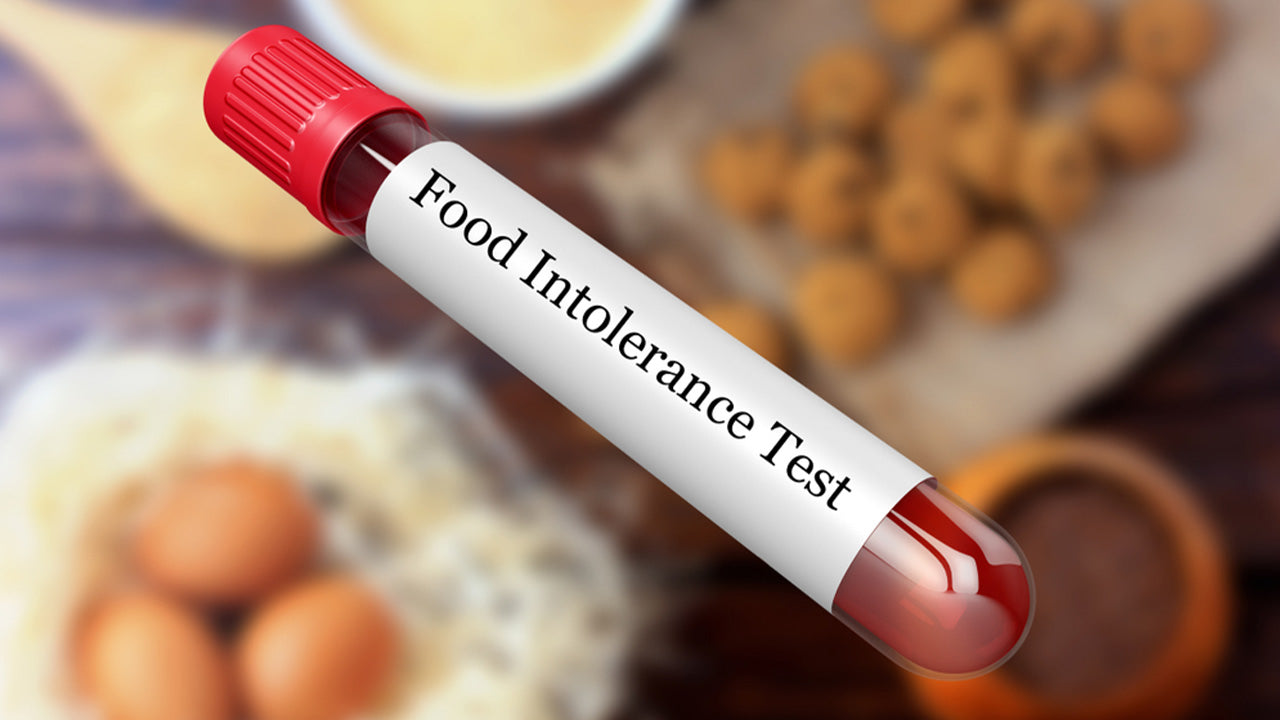In the realm of personal health and wellness, food sensitivity tests have emerged as a popular tool for individuals seeking to understand how their bodies react to certain foods. However, the question remains: do these tests actually provide accurate and useful information? Let’s dive into the science, the skepticism, and the practical advice from a medical perspective to uncover the truth behind food sensitivity testing.
Understanding Food Sensitivity
To begin with, it’s crucial to differentiate between allergies, intolerances, and sensitivities, as these terms are often mistakenly used interchangeably. Allergies involve an immediate immune response that can be severe and potentially life-threatening, whereas food intolerances generally relate to digestive issues that arise from consuming certain foods, like lactose intolerance.
Food sensitivities, on the other hand, are more elusive and are believed to cause a delayed immune response, leading to a range of symptoms such as headaches, bloating, joint pain, or fatigue. Check this website out and learn more about food sensitivity tests and how they work.
The Science Behind the Tests

Food sensitivity tests typically measure IgG antibodies, which are one type of antibody that the immune system might produce in response to antigens. The premise is that higher levels of IgG antibodies indicate a sensitivity to the corresponding food.
However, the scientific community remains divided on this issue. Some experts argue that the presence of IgG antibodies might simply indicate exposure to nourishment, not necessarily an adverse reaction. Therefore, interpreting these tests can be complex and requires a nuanced understanding of immunology.
Common Types of Food Sensitivity Tests
There are several types of food sensitivity tests available, ranging from blood tests that measure IgG antibodies to others that assess changes in pulse, skin reactions, or even changes in electrical resistance.
Despite the variety, most of these tests lack standardization and their results can be inconsistent. This variability has led to skepticism among healthcare professionals regarding the reliability and clinical relevance of these tests.
The Debate Among Professionals

The medical community remains divided over the efficacy of food sensitivity tests. Critics argue that there is insufficient scientific evidence to support the use of these tests for diagnosing food sensitivities.
They caution against the potential for false positives, which can lead to unnecessary dietary restrictions and possibly nutritional deficiencies. On the other hand, some practitioners, particularly in the field of integrative medicine, consider these tests as a starting point for an elimination diet to identify problematic foods.
Clinical Evidence and Research
Research on food sensitivities and the effectiveness of related testing is ongoing and often yields mixed results. Some studies suggest a correlation between elevated IgG levels and certain chronic symptoms, while others find no significant link. The complexity of the human immune system, along with individual variations in genetics, lifestyle, and gut microbiota, makes it challenging to draw definitive conclusions.
Interpreting Test Results

Given the current state of evidence, it’s important to approach food sensitivity test results with caution. An elevated IgG response does not automatically mean that a food must be eliminated from the diet. It’s advisable to work with a healthcare professional who can help interpret the results in the context of your overall health, symptoms, and dietary habits.
The Role of Elimination Diets
Many doctors recommend an elimination diet as the gold standard for identifying food sensitivities. This involves removing suspected foods from the diet for a period, then gradually reintroducing them while monitoring symptoms. Although this process can be time-consuming and requires careful planning, it allows for a more personalized understanding of how different foods affect your body.
Practical Tips for Navigating Food Sensitivities
If you suspect you have food sensitivities, consider keeping a detailed food diary to track your intake and any symptoms you experience. This can provide valuable insights and help you identify patterns. Additionally, focus on a balanced diet rich in whole foods, as this can support overall gut health and reduce inflammation, potentially mitigating sensitivity-related symptoms.
Moving Forward with Caution

In the pursuit of personal health, it’s essential to approach food sensitivity testing with a critical eye. While these tests can offer clues, they should not be the sole basis for making significant dietary changes. Collaborating with healthcare professionals, prioritizing evidence-based approaches, and listening to your body are key steps in managing food sensitivities effectively.
The Psychological Impact of Food Sensitivity Testing
Beyond the physical aspects of food sensitivities, there’s a significant psychological component that warrants attention. The results of food sensitivity tests can lead to heightened anxiety and stress around eating, contributing to an unhealthy relationship with food.
For some, the fear of consuming “wrong” foods can lead to restrictive diets that are not only nutritionally inadequate but also socially isolating. It’s crucial for healthcare providers to address these psychological implications, offering support that extends beyond mere dietary guidelines.
The Future of Food Sensitivity Testing
As we look to the future, advancements in technology and a deeper understanding of the human microbiome may pave the way for more accurate and reliable food sensitivity testing. Emerging research into the gut-brain axis and the role of inflammation in chronic diseases could also provide new insights into how and why certain foods affect individuals differently.
The development of personalized nutrition, based on genetic, metabolic, and microbial factors, holds promise for more targeted and effective management of food sensitivities. Until then, a collaborative approach, combining scientific evidence, clinical expertise, and individual patient preferences, will remain the cornerstone of effective management and treatment strategies for those navigating the complexities of food sensitivities.
End Note
Improving your health is essential, while food sensitivity tests hold promise as tools for uncovering potential dietary triggers, their effectiveness and accuracy remain subjects of debate within the medical community.
As research evolves, it’s hoped that more definitive guidance will emerge, helping individuals navigate the complex interplay between diet and health with greater clarity and confidence. For now, a cautious, personalized approach, grounded in professional medical advice, remains the most prudent path forward.













